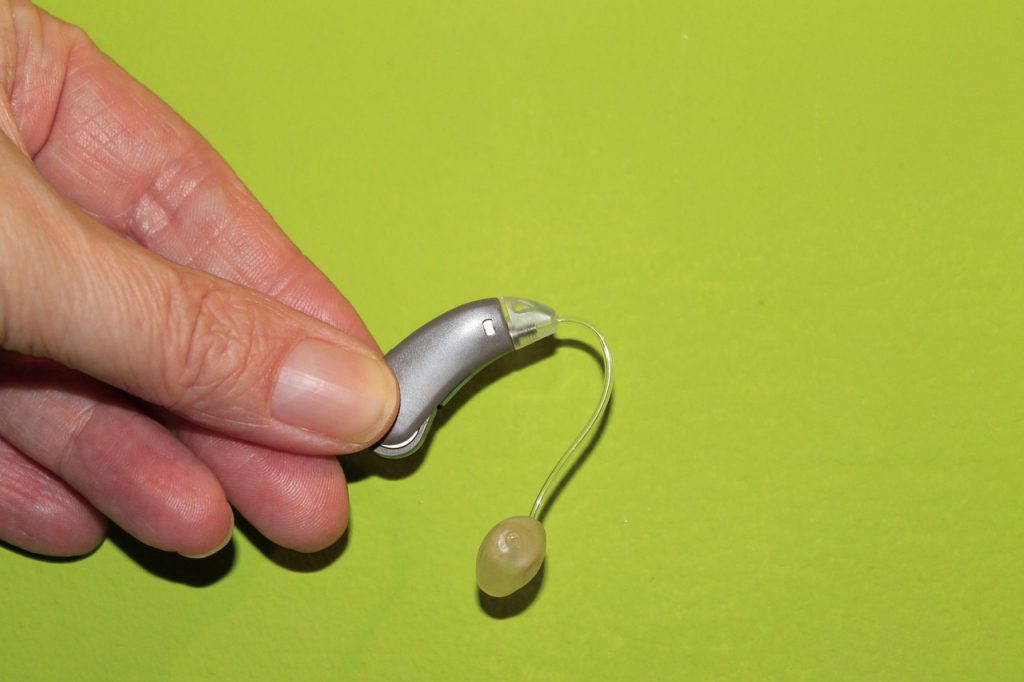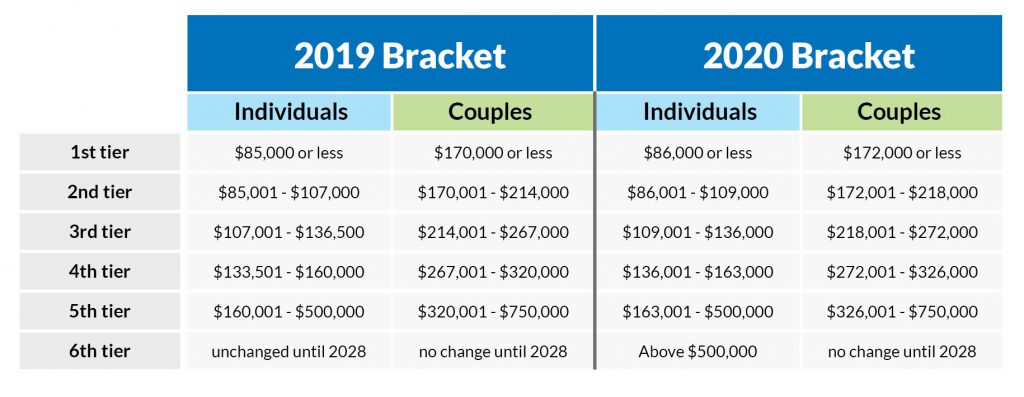Medicare provides seniors with the necessary care they need. However, this is not the case when it comes to dental coverage. People 60 years old, and older often face dental issues. At least 20% of them deal with untreated decay.
Why such a high rate? Medicare does not cover dental examinations, dentures, annual cleanings, crowns, or fillings. This can leave you in a penny-pinch, because these procedures can get expensive. There are a few exceptions though!
Accidents Happen
Medicare Part A can pay for inpatient hospital care if you need to have emergency or complicated dental procedures–even though dental care isn’t covered. This means while they don’t exactly cover “dental” work, if your teeth are involved in an emergency procedure, it can be included in the overall payment.
These covered services have to specifically be “emergency or complicated dental procedures.” Once they are deemed as such by a medical professional, Medicare Part A will assist in payments.

For example, if you were in an accident and needed to have your jaw reconstructed, then Medicare will cover it because it is within your hospital stay. It’s still dental work but under a different umbrella.
The same goes for if a disease causes issues with your teeth or your entire mouth. As long as it is approved by a hospital or doctor as “medically necessary,” then Medicare Part A will cover the costs. More example services that are covered include:
- Oral exams in the hospital before a kidney transplant.
- Dental splints and wiring after jaw surgery.
- Dental services for radiation treatment for certain jaw-related diseases, such as oral cancer.
- Jaw reconstruction when a facial tumor is removed.
- Surgery to treat fractures of the jaw or face.
- Oral exam in a rural clinic or Federally Qualified Health Care Center before a heart valve replacement.
People don’t take into account how important dental care is. Not only does it play a huge part in your overall digestive health, but it can also lead to serious problems if you don’t brush and floss.
Why Dental Care Is So Necessary
Irreversible diseases are your biggest worry. Not taking care of your teeth can lead to serious illness because bacteria will build up, and find its way into your bloodstream. This includes heart disease, dementia, diabetes, cancer, rheumatoid arthritis, and respiratory infections.
Worse yet, studies have linked gingivitis to Dementia and Alzheimer’s. The bacteria from the gum disease can enter your brain through nerve channels, or your bloodstream. The brain is then exposed to the bacteria which can lead to nerve cell damage and brain cell loss. When your brain nerves are damaged or die, memory loss and early dementia can occur.
Dental Options To Consider
Just because Medicare does not cover dental work, does not mean you are out of luck or have to suffer. Instead of paying for expensive dental work out of pocket (routine dental exams can cost you anywhere from $400-$500), these are the options you can consider:

- Medicare Advantage Plan– There are several advantage plans, like Part C, which cover preventative services. This includes cleanings, fillings, extractions, X-rays, root canals, and crowns.
- Dental Insurance– There are stand-alone dental insurances that you can purchase. You would pay a monthly premium, and you would have to see an in-network dentist.
- Discount Dental Plan– This plan requires a membership fee. It is usually cheaper than insurance and will give you discounted rates at certain dentists. The discounts normally range anywhere from 25-50%.
Your dental health is connected to your mental and physical health. If you do not take care of your teeth and gums, dire issues can arise. Dental issues aren’t given enough attention, and they can be just as bad as other diseases.
You can develop dementia and Alzheimer’s due to bad oral hygiene. It is linked to heart issues, cancer, and more. Make sure you brush and floss every day. Just because Medicare does not cover dental, does not mean you can not seek other options to make sure your oral hygiene is up to par.










